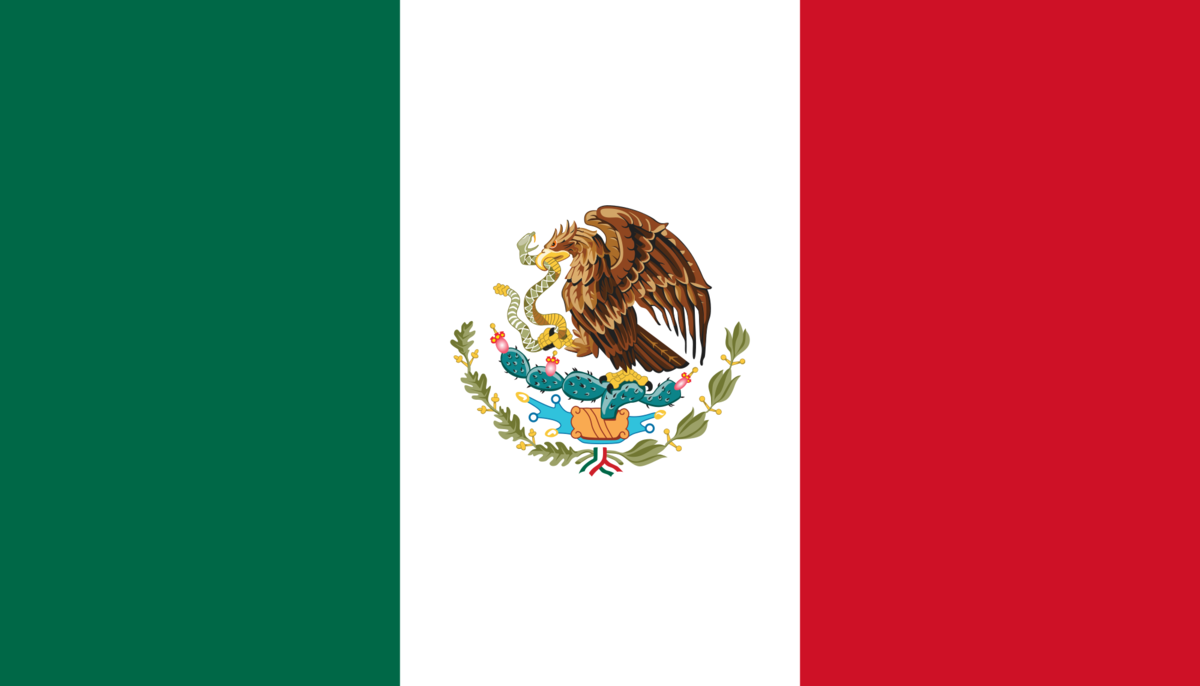
Coffee first arrived in Mexico in the late 1700s, introduced by Spanish settlers. These days the country produces a significant amount of coffee, though its place as a producer of coffee on a global scale has been significantly diminished due to the entry of untraditional Arabica producers on the scene and, in particular, due to crop losses due to coffee leaf rust. Although the country is one of the foremost exporters of certified coffee (both organic and fair trade), the specialty market for quality is yet to make significant inroads here. This is not because Mexico lacks potential for producing quality lots: the country boasts a huge number of growing regions with agreeable altitudes and climates, as well as hundreds of thousands of experienced, well-established small-scale farmers. With more than 600 thousand hectares in 12 states under primarily Arabica coffee production, Mexico has great untapped potential for the production of specialty lots.